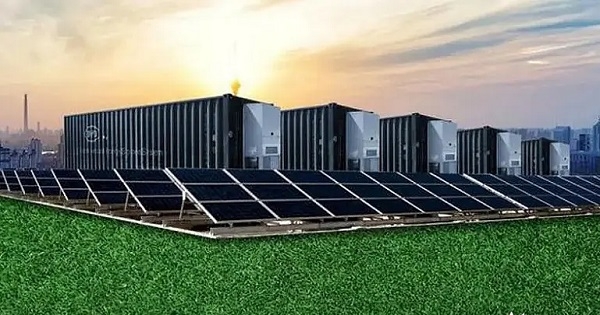Lithium-ion batteries have the advantages of high energy density, long cycle life, low self-discharge rate, no memory effect, green environmental protection, etc., and have broad application prospects in the field of energy storage. At present, lithium-ion battery technology mainly includes lithium cobalt oxide, lithium manganate, lithium iron phosphate, lithium titanate and other different types. From the perspective of market application prospects and technology maturity, lithium iron phosphate batteries are recommended as the first choice in the field of energy storage.

The development and application of lithium-ion battery technology can be described as hot, and the market demand continues to increase. As one of its important applications, battery energy storage systems emerge as the times require, including small-scale household energy storage, large-scale industrial and commercial energy storage, and ultra-large Energy storage power station. Large-scale energy storage systems are an important part of future new energy systems and smart grids, and energy storage batteries are the key to large-scale energy storage systems.
Electric energy storage systems are equivalent to batteries, and energy storage has many applications, such as power systems for power stations, communication base stations for backup power, and data rooms. The backup power technology and power battery technology of the communication base station and data room belong to the DC technology, which is lower than the power battery technology. The content of energy storage technology is more extensive. In addition to DC technology, it also includes converter technology, grid access technology and grid dispatching control technology.
At present, the energy storage industry has no clear meaning of what is electric energy storage, but the energy storage system should have two characteristics:
1. The energy storage system can participate in grid scheduling (or the energy in the energy storage system can be fed back to the main grid).
2. Compared with power lithium batteries, lithium-ion batteries for energy storage have lower performance requirements.
At present, domestic lithium-ion battery companies generally do not establish independent energy storage R&D teams. Energy storage research and development is generally carried out by the power lithium battery team in the spare time of the power lithium battery project. Even if there is an independent energy storage R&D team, the energy storage team will be smaller than the power team. Compared with power lithium batteries, the technical characteristics of energy storage systems are high voltage (generally designed according to 1Vdc requirements), and single-cell batteries are multi-series and parallel. Therefore, the electrical safety and battery status monitoring of the energy storage system are more complicated and require specialized personnel to study and solve them.



